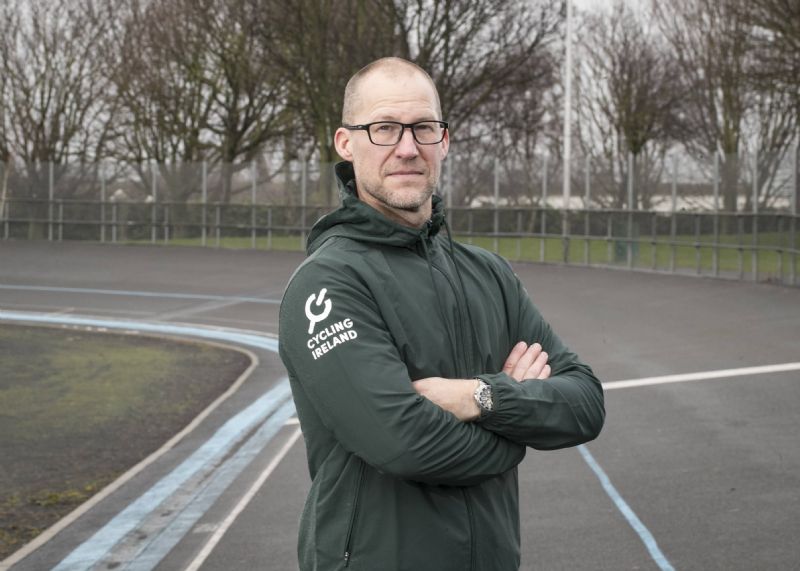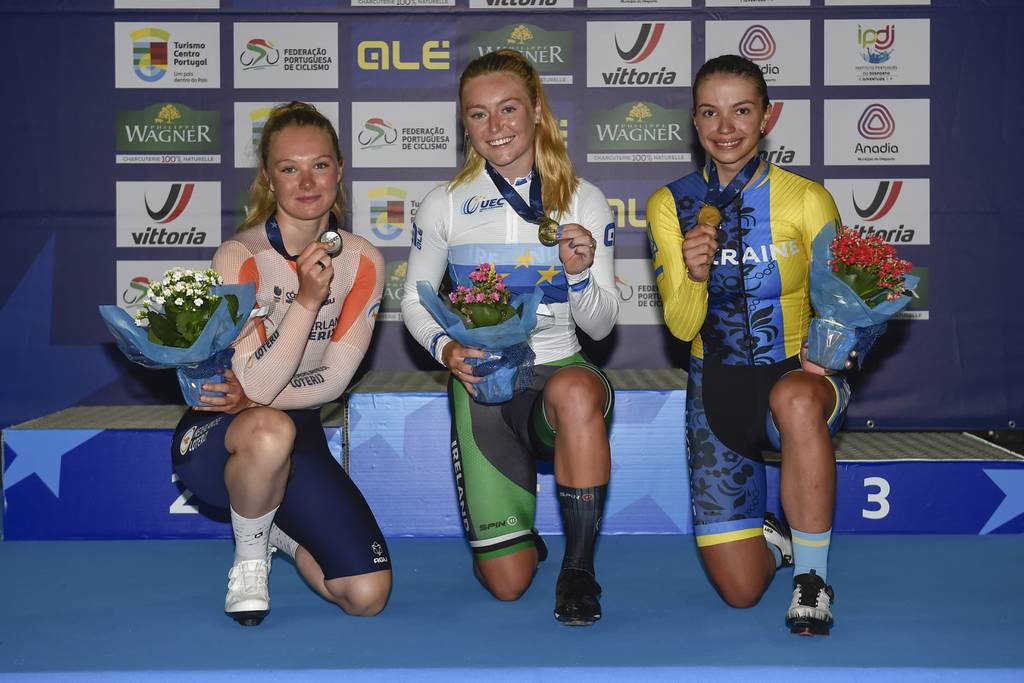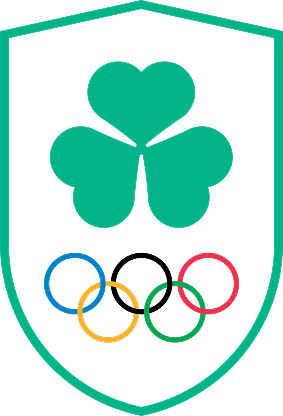
Given that he has worked with some of the most successful track cyclists in Olympic history the source of Iain Dyer’s passion for bikes might surprise you.
“I was one of those 12-13 year olds captivated by BMX in the early 1980s when it first exploded,” reveals the man who became Cycling Ireland’s High Performance Director in early 2022. “I’m from Norfolk, East Anglia, which is comparatively rural and I was one of a group of young lads who persuaded our dads to form a BMX club. We had them driving around looking for land and they actually built the course with their JCBs. “Norwich Flyers, our club, is still there today, 40 years on, actually enjoying a bit of a resurgence at the moment so that’s quite a legacy,” he says proudly.
Dyer raced BMX throughout his teens and gradually moved into circuit and road racing but was obviously mature beyond his years. “I understood pretty early that I wasn’t cut out to be a professional rider. I wasn’t that good and, as a function of not being that good, I went looking for information. “I would devour anything I could read on performance and training in a bid to be a better rider and that very quickly led me into a sports science degree and from there to working within sport.” He feels fortunate that his career in elite sport coincided with some seminal moments in British sport, particularly the creation of the UK Lottery and the building of GB’s first indoor velodrome in Manchester, which both took place in 1994. That also coincided with Great Britain’s relatively poor performance at the 1992 Olympics. Twenty medals (five gold) was judged poor by GB standards – their lowest tally since 1976 – which prompted serious funneling of National Lottery money into high performance. “I started working in coach education in GB in 2000, after a year in Talent ID and young athlete development. I was only doing that a few months when I became national sprint coach for 12 years and then I was head coach and so on. “Every time I wanted to take a step up the ladder there was a mechanism or programme there that helped me develop to the next level so I believe I was very lucky,” Dyer says.
In his 21 years with British Cycling it became a track behemoth. He helped superstar sprinters like Chris Hoy, Victoria Pendleton and Jason Kenny to world championship and Olympic success and then switched to lead coach of their endurance programme which saw their men’s team win Omnium gold and Madison silver in Tokyo. At the end of such a long stint Dyer pressed pause to spend some more time with family. So what on earth prompted him to jump so quickly from the fire back into another frying pan? “I had a sense of ‘what’s next?’ I’d done five Olympic Games with GB and had some fantastic experiences but you get to a point where you wonder how many times can you do the same thing again? “The ability to come into a fairly young system, with a velodrome on the horizon and so much talent in Ireland, was just too good to turn down. I’ve always stayed in quite close contact with some of my predecessors here and I really believe we can transform Irish cycling over the next few Olympic cycles if we do a good job. “I feel like I’ve got a blank sheet – just not a blank chequebook! But that’s always the way, you could always spend everything twice in our sport. “The opportunity to move Irish cycling forward is huge and I don’t think it’s just the velodrome and the fact that I come from a track cycling background.

“What I saw in GB was that the concentration of expertise and momentum that was gathered around the velodrome – that spread, in time, to all the other disciplines.
“What grew out of that first velodrome, in a post-industrial site in a poor part of Manchester in the mid-90s, also became a successful BMX programme, a freestyle programme, a mountain-bike, road and track programme. “Yes, track was the one that benefitted most initially but the growth of the whole high performance cycling arm, and the concentration of expertise, meant that not one single facet of cycling didn’t grow. “I’m sure that, in time, the growth of the HP unit in Irish cycling will benefit all of its other units, maybe not in the first year but down the road. I really believe everyone can come alone on this journey,” he says. “Now we’ve got the velodrome past final planning position on campus I’m incredibly excited because I know what we can do to harness that as a high performance facility and also what it can do for the local community as well. “I hope to condense all those years of knowledge and experience into what will be effective here, rather than just repeat what I’ve seen done before; make it Ireland-specific and make it fly.” Living in Norwich in Cheshire, not far from Manchester airport, means Dyer can commute to work and, while focused on the elite end, he has also been blown away by the Irish countryside and its potential for more mass participation cycling initiatives. “It kind of amazed me when I came on board that a nation like this isn’t filled with mountain bikers because it is genuinely such a beautiful place to ride a bike.”
